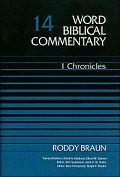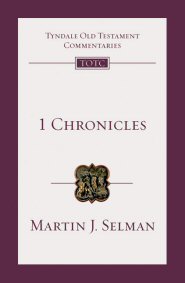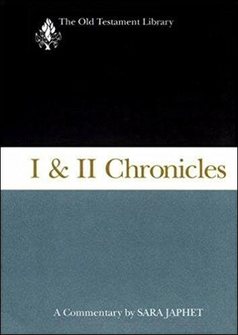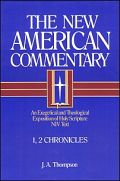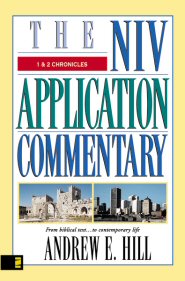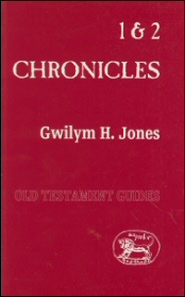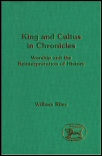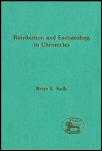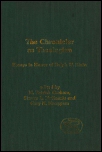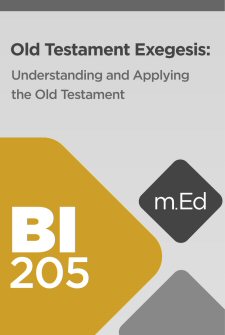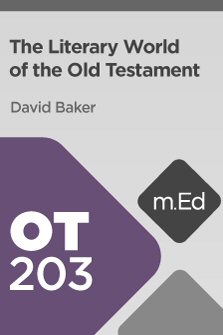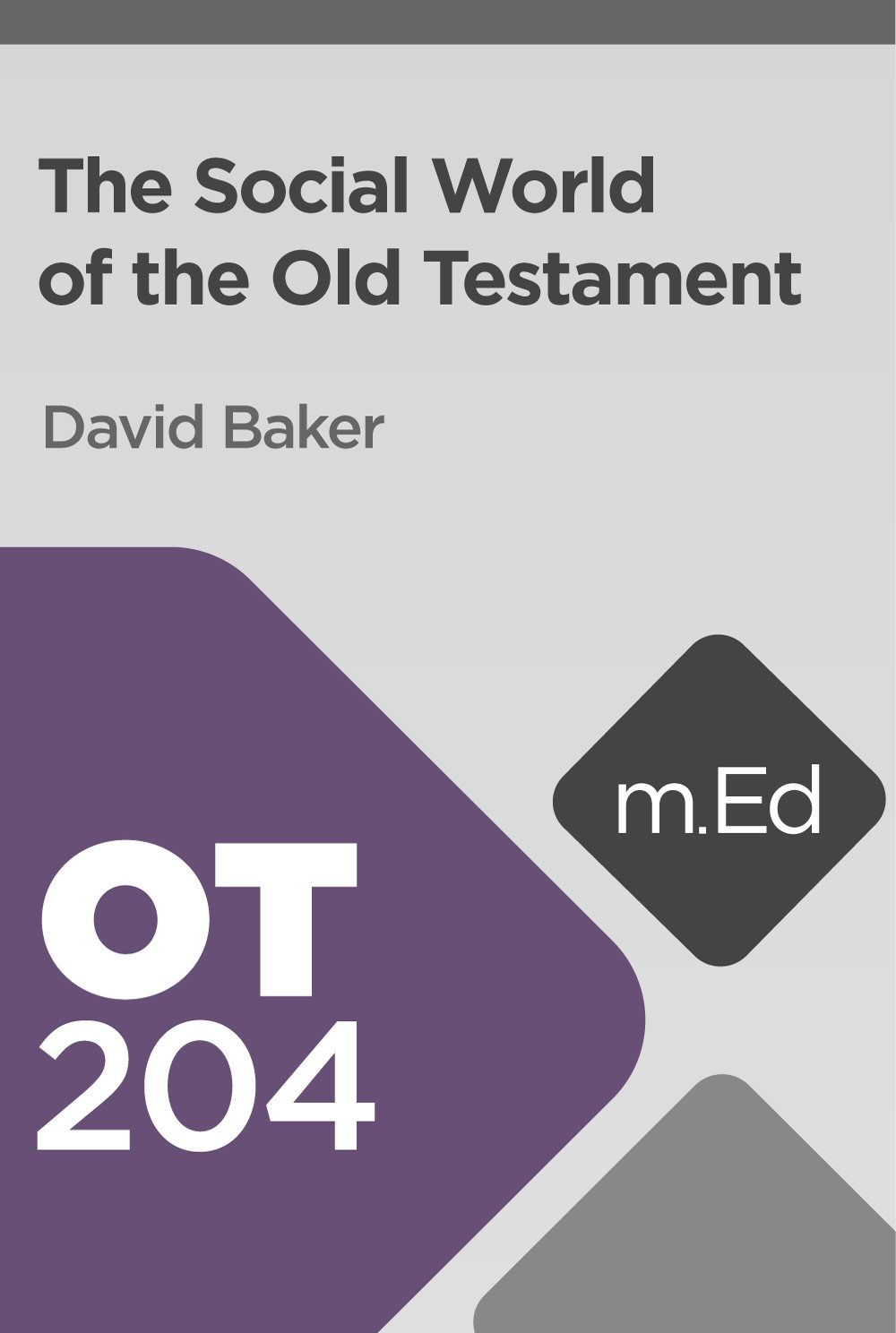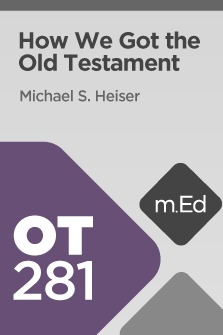Kings and Chronicles
The Kings-Chronicles Expository Preaching Kit (L) helps you plan an expositional sermon series with a trifecta of core resources in each of the Expository Preaching Kits: commentaries, Bible dictionaries, and sermon outlines. Each kit includes commentaries from Ancient Christian Commentary on Scripture (ACCS) and the Preacher’s Outline & Sermon Bible (POSB), as well as reference resources like The Oxford Handbook of Biblical Studies, Dictionary of the Old Testament: Historical Books (IVP Bible Dictionary), and Carta's New Century Handbook and Atlas of the Bible . This kit includes everything in Kings-Chronicles Expository Preaching Kit (M) plus additional resources like 1 & 2 Chronicles (Mentor Commentaries | MENT), Understanding Biblical Kingdoms & Empires: An Introductory Atlas & Comparative View (Carta Understanding the Bible), 1-2 Samuel, 1-2 Kings, 1-2 Chronicles (Reformation Commentary on Scripture: OT, vol. V | RCS), and more.
Small
Medium
Large
